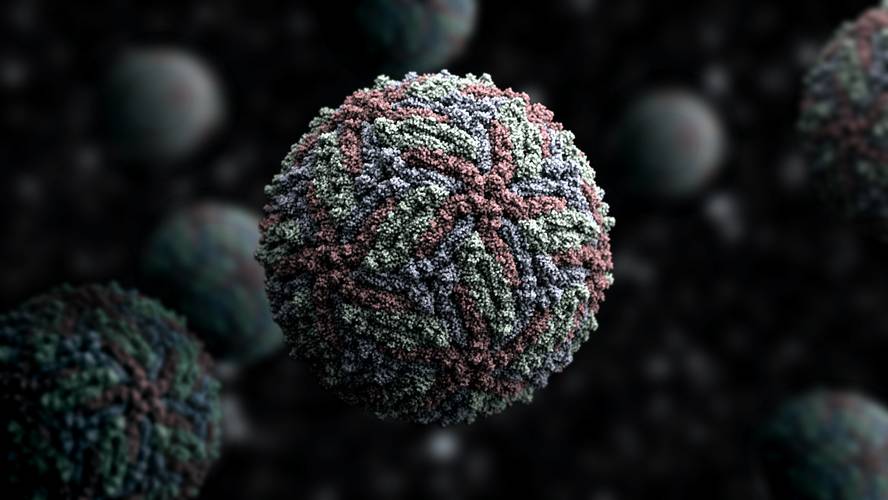In the development of a vaccine against dirt
The pharmaceutical companies Inovio and GeneOne Life Science, which plan to develop a vaccine to prevent the cycle, have been authorized to perform the first clinical tests in humans. It is a synthetic DNA vaccine with good results in both small and large animal models. In fact, the vaccine has produced antifungal antibodies and the creation of T cells, so it is expected that it will also be effective in people.
In the first phase, 40 volunteers will participate, all of them men and healthy. The goal is to demonstrate that the vaccine is safe, acceptable, and effective. If that were the case, it would move to the next phase of clinical tests and test it with more people.
At the same time, two journals in the Nature group have published two articles related to Sucio, dengue and vaccine. On the one hand, they have released an investigation of the Pasteur Institute in the journal Nature. According to him, two antibodies specific to dengue virus have shown their efficacy against Zika.
Given that in most of the places where Zika has spread there is also dengue, researchers believe it is an important discovery to know the pathogenesis of Zika and to develop a vaccine to prevent both diseases.
The other article has been published in the journal Nature Immunology. This is an investigation carried out at Imperial College London, in which the interaction between dengue and Zika has also been studied. The results have shown that, after dengue, antibodies in the body of people facilitate the proliferation of the Zika virus. Therefore, the presence of dengue would increase the possibility of suffering from Zika infection.
It seems that despite the advances being made, it is very likely that the development of the vaccine will continue.






